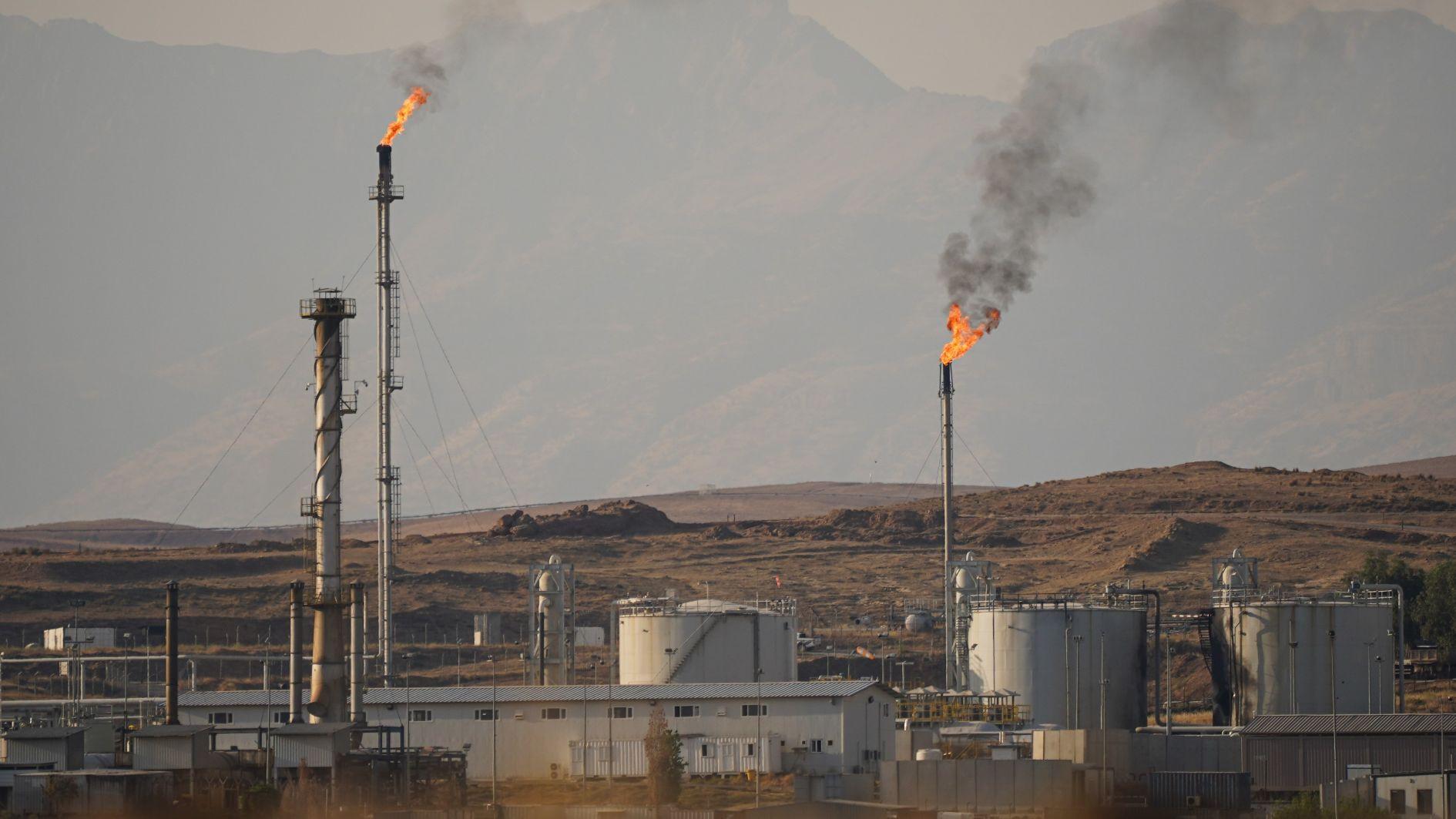
Oil shipments resumed through the Iraq-Türkiye pipeline on Sept. 27 following a landmark deal between Bagdad and Erbil, Turkish Energy and Natural Resources Minister Alparslan Bayraktar has announced.
Iraq's official news agency INA also announced that oil exports from the fields in northern Iraq's Kurdish Regional Administration (KRG) have resumed.
Oil exports resumed at the Fishkhabur oil field with the participation of a KRG delegation, the Iraqi central government and oil companies, Erbil-based Rudaw TV reported.
On Sept. 25, Iraqi Prime Minister Mohammed Shiaa al-Sudani said that oil produced in fields within the KRG region will be exported through the Iraq-Türkiye pipeline.
“Today we reached a historic agreement under which the Federal Ministry of Oil will receive crude oil produced from the fields in the Kurdistan Region of Iraq and export it through the Iraq-Türkiye pipeline,” al-Sudani said.
The twin-line pipeline, with a combined capacity of about 1.5 million barrels per day (bpd), connects oil fields in Iraq, including those in the KRG, to the Mediterranean export terminal at the Turkish port of Ceyhan.
Control over lucrative oil exports has been a major point of contention between Baghdad and Erbil, with a key pipeline to Türkiye shut since 2023.
The director of Iraq's State Oil Marketing Organisation (SOMO), Ali Nizar, told AFP that SOMO would receive 190,000 barrels per day for export and another 50,000 a day for domestic consumption.
Oil exports were previously independently sold by the Kurdish authorities without the approval or oversight of the federal government in Baghdad through the port of Ceyhan in Türkiye’s south.
But the region's official oil exports have been frozen since March 2023, when the arbitration tribunal of the International Chamber of Commerce in Paris ruled oil exports by the regional government were illegal and said Baghdad had the exclusive right to market all Iraqi oil.
U.S. Secretary of State Marco Rubio said the tripartite deal was "facilitated" by Washington and that it would "strengthen the mutually beneficial economic partnership between the United States and Iraq.”
The Association of the Petroleum Industry of Kurdistan (APIKUR), which represents international oil firms in the region, estimated the losses to Iraq since the pipeline closed to be more than $35 billion.